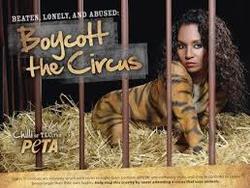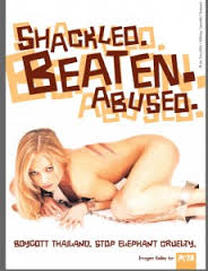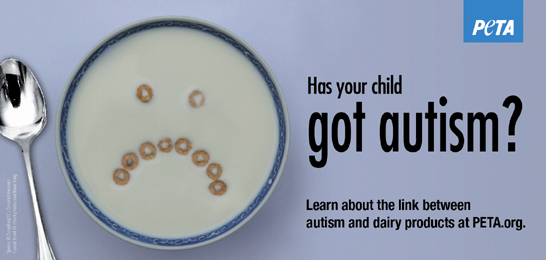
Doctoral Student and Lecturer
University of Wisconsin, Milwaukee
Social justice organizations, one would think, would be the last place one might find racism, sexism and ableism to mention a few, but we would be remiss if we did not give some critical attention to these organizations – most notably PETA. Sure, using the mantra of ‘sex sells’ will get the message out, on the news and in people’s faces, but at what cost? Is the goal of using women in positions of suffering in the place of animals really accomplishing the end? I ask this because perhaps in our own social life, seeing women placed in violent positions is actually not all that uncommon. One can just flip on the news and find a report about ciswomen or transwomen being catcalled, stalked, beaten and murdered for something as simple as saying no to a man. Also, by positing the ‘proper’ vegan as an ablebodied, cis, white, skinny woman – they erase so many other bodies and abilities as vegans and make vegan/vegetarianism an exclusive club versus and inclusive, safe space. Therefore, PETA’s attempt at an analogy fails because in present patriarchal society, women are meat.
PETA’s imagery create a visualized patriarchy, and does not act in a way that is revolutionary or countering to the established frame. PETA states their mission as “animals are not ours to eat, wear, experiment on, use for entertainment, or abuse in any other way” (peta.org). While this is their mission statement in relation to animals, they do some of these exact things to women. They must manufacture the consumption of sex to sell their products and also motivate people to support their mission. In order to reach the general consuming public, PETA must use the language of the dominant group: the established patriarchal white male gaze to sell social justice.


PETA uses this same problematic message for advertisements about intelligence and other (dis)abilities. PETA uses bogus science
Connected to the body policing of women, PETA also inserts its ideals of masculinity on men as well. For example, PETA uses a cis, heteronormative gaze to connect meat consumption with a lack of ability for them to have sex with <the very specified> women. Therefore, instead of advocating vegan/vegetarian lifestyles for the sake of the animal – PETA sells it as a masculinity boost. Included in the imagery of hyper-masculinity, are nodes to domestic violence. With their video, BWVAKTBOM or My Boyfriend Went Vegan And Knocked The Bottom Out Of Me, depicts a woman, walking down the street naked in a disheveled state, with a neck brace returning home to her boyfriend fixing a wall. Here, going vegan means increased strength, rougher sexual experiences and no questions about performance and masculinity. PETA does not question fragile masculinity – but supports it.
In contrast, ads featuring out gay/queer men are more in alignment with the way women and their body hair is policed. This is accomplished by putting a big no fur sign – to really drive the point home- about proper body maintenance. In fact, in this particular photo, this man is almost hairless. Therefore, these images highlight the perceived effeminate body ideals of gay men – which erase all types of gay men that can and do exist.



 RSS Feed
RSS Feed
